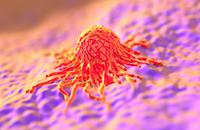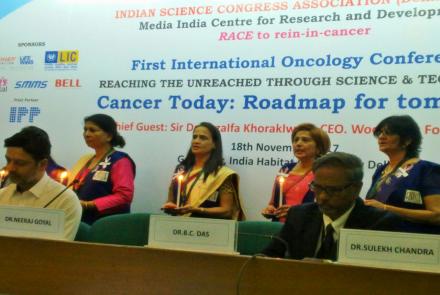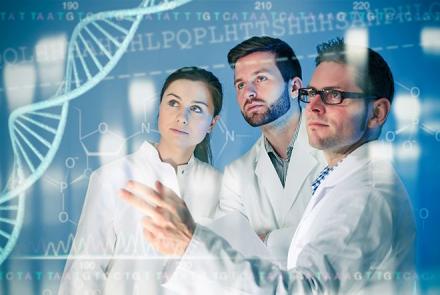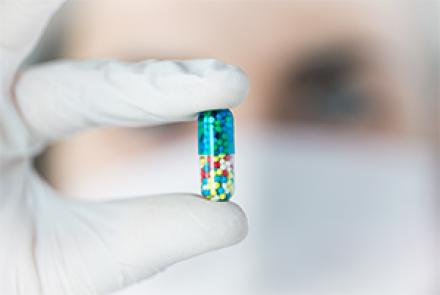
What causes cancer
There is no single cause of cancer. What affects a certain body tissue may not affect another. For example, tobacco smoke can cause lung cancer. Overexposure to sunlight can cause melanoma, but sun exposure won’t cause lung cancer and smoke won’t cause melanoma.
Here are some common triggers:
Genetics:Each cell in our body contains DNA, which controls its action. Any change or mutation to the DNA that damages the genes involved in cell division can lead to cancer. Cancer occurs when because of gene mutation, the cell is unable to correct DNA damage and unable to die.
Carcinogens: Carcinogens are cancer-causing substances that cause damage to the DNA of the cell. Tobacco, natural or man-made radiation, asbestos, some food and food additives are some of the carcinogens. For instance, the following foods and cooking methods have been linked to cancer: Barbecuing or grilling meat; charring and deep frying food; acrylamide in French fries and potato chips; microwave popcorn; artificial sweeteners and sodas; processed meat and fatty red meat; highly processed foods low in fibre.
Heredity: Cancer can be caused by genetic predisposition that is inherited from family members. Childhood retinoblastoma is the most striking example of the role of heredity.
Immune system: People who have a problem with their immune system are more likely to get some types of cancer. For instance, people who have had organ transplant and taken drugs to suppress their immune system, HIV/AIDS patients or those born with rare medical syndromes that impair their immunity.
Viruses: Though few viruses are known to cause cancer, some viruses can cause genetic changes in the cell, making them more prone to cancer.
These cancers and viruses have been linked with each other.
- Cervical cancer and human papilloma virus
- Primary liver cancer and hepatitis B and C virus
- Lymphomas and Epstein-Barr virus
Are you at risk of developing cancer
- Are you above 65? People of all ages can get cancer but frequency of cancer increases with age. As people age, there are more cancer causing mutations in cell DNA.
- Heredity: Do you have incidence of cancer in the family
- Diet and lifestyle: Do you smoke, drink or have a diet made up of a lot of red meat or processed foods
- Do you spend long hours in the sun or are exposed to workplace hazards, like chemicals or radiation
- Are you overweight or obese? Obesity is linked to increased risk in 13 different cancers -
- Adenocarcinoma of Oesophagus
- Breast Cancer in post menopausal women
- Colorectal Cancer
- Gallbladder cancer
- Gastric Cancer
- Kidney Cancer
- Liver Cancer
- Meningioma - a usually benign brain tumour
- Multiple Myeloma, a blood cancer
- Ovarian Cancer
- Pancreatic Cancer
- Thyroid Cancer
- Uterine Cancer
The update on Obesity and 13 cancers is based on the review published in The New England Journal of Medicine in 2016.














